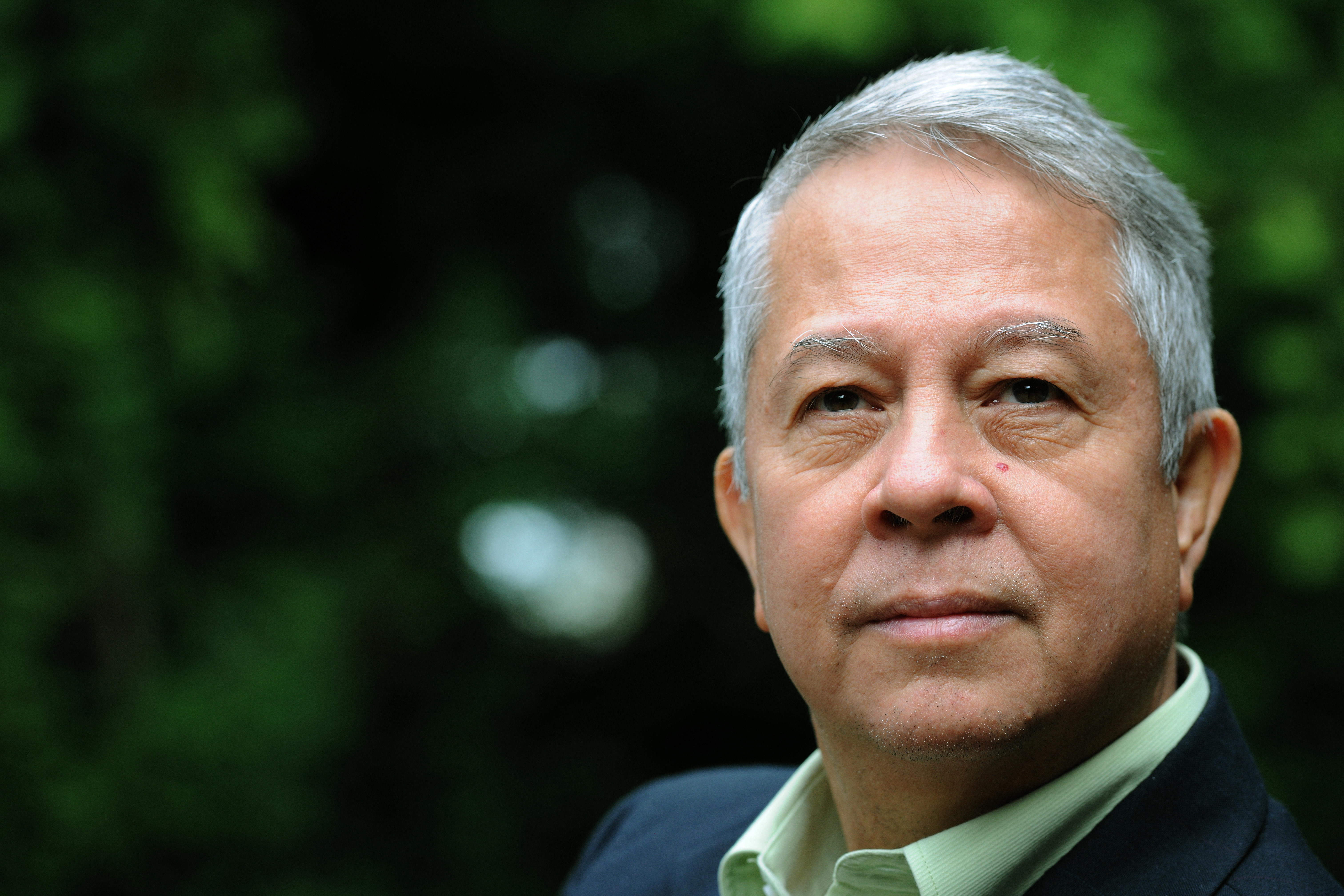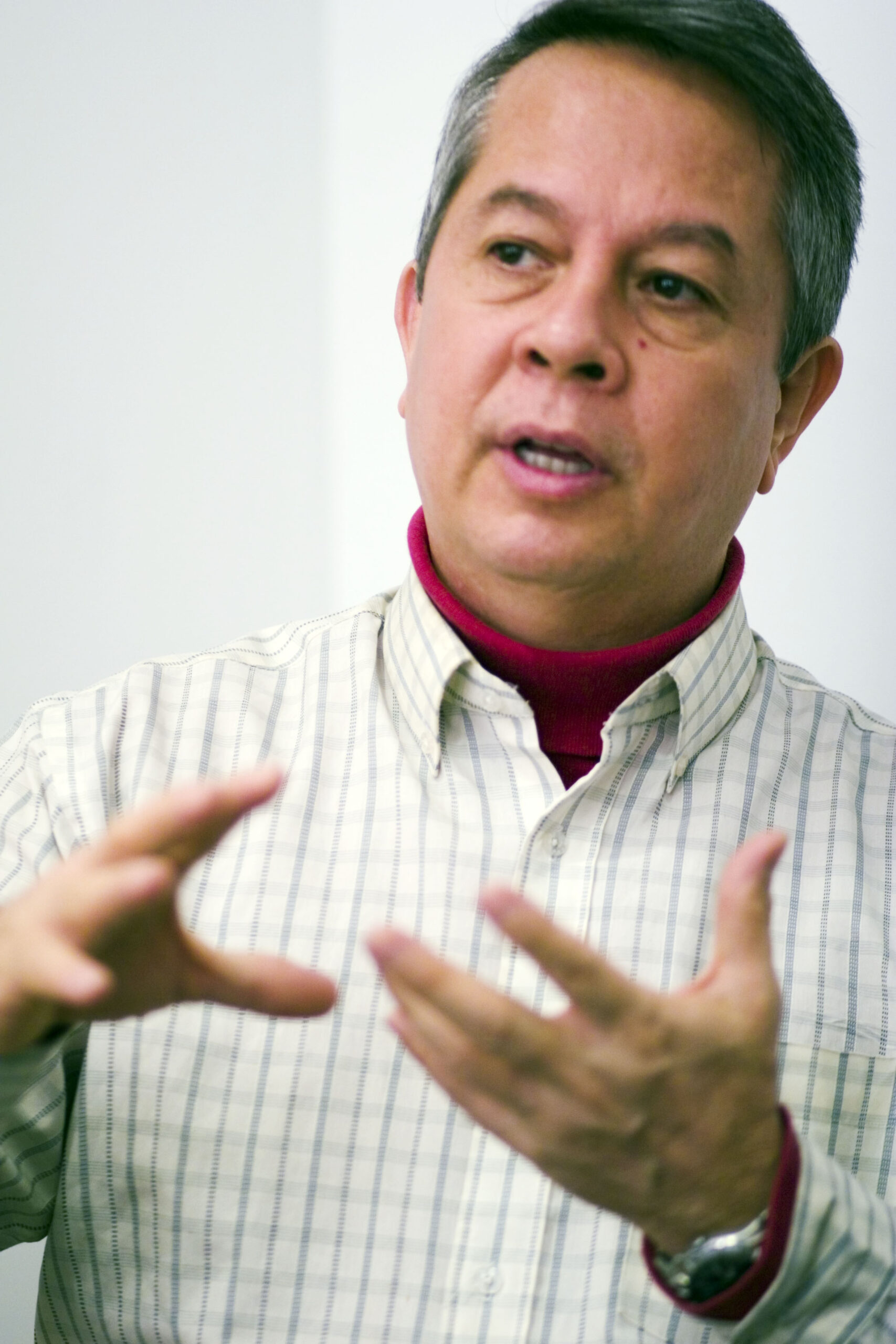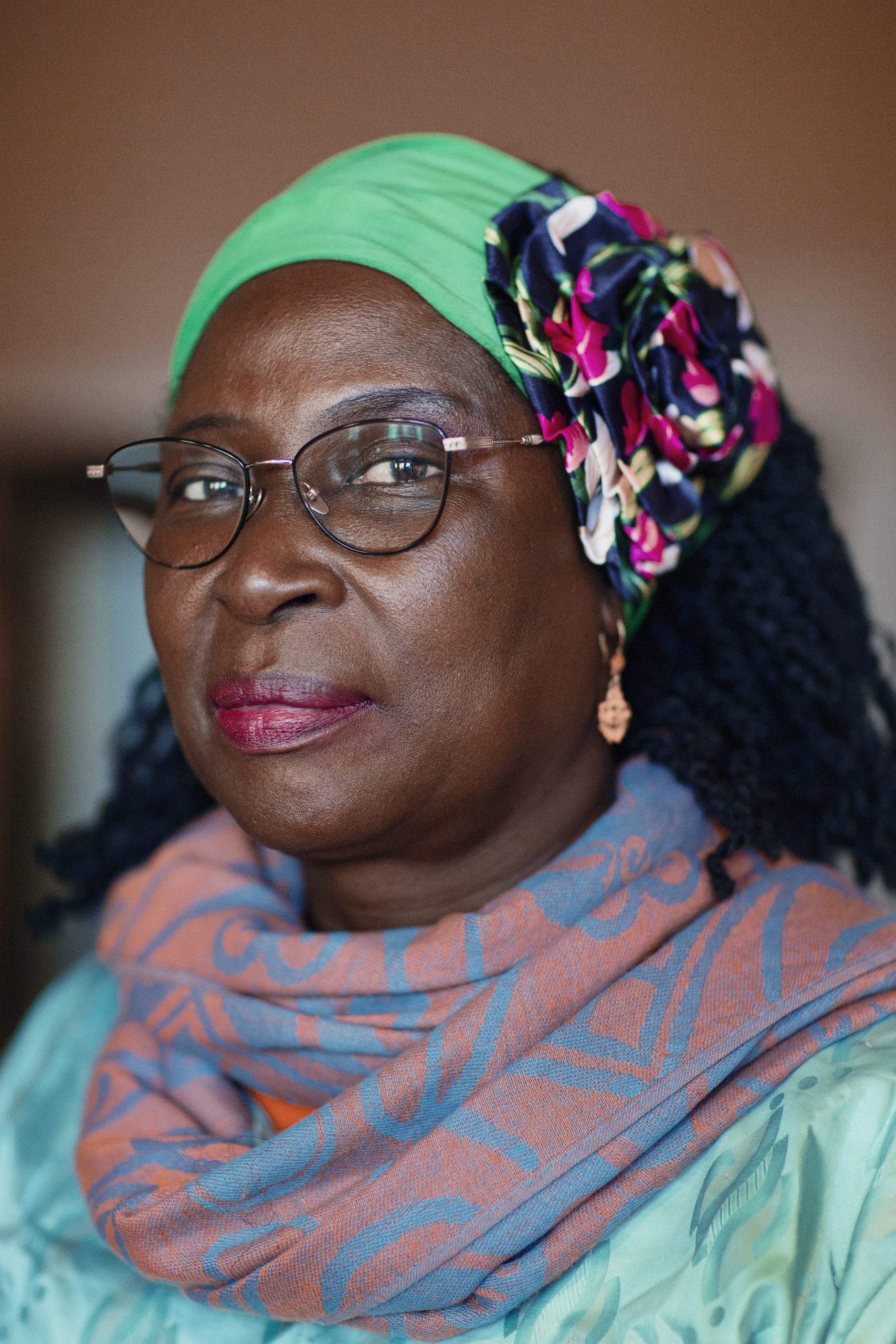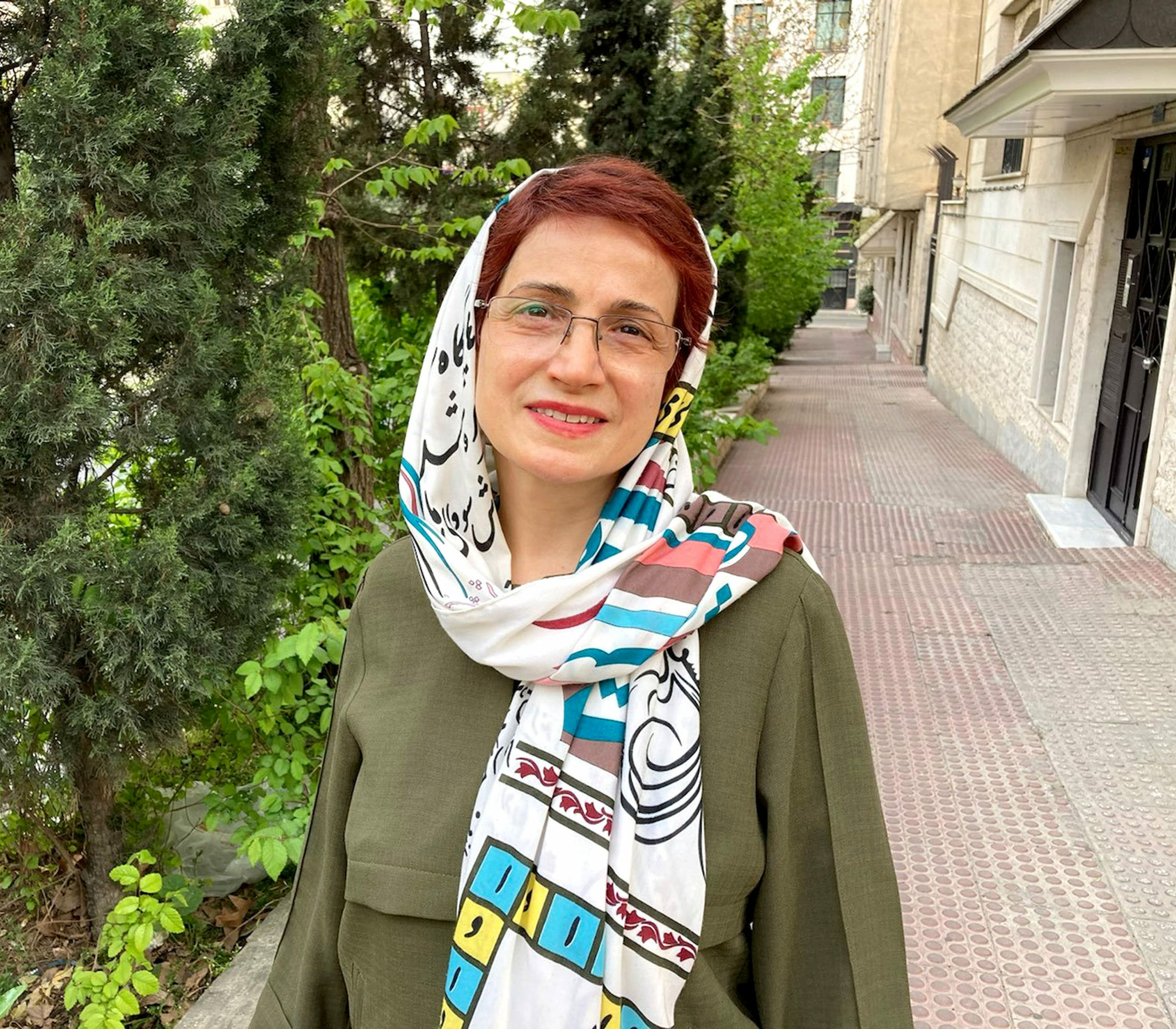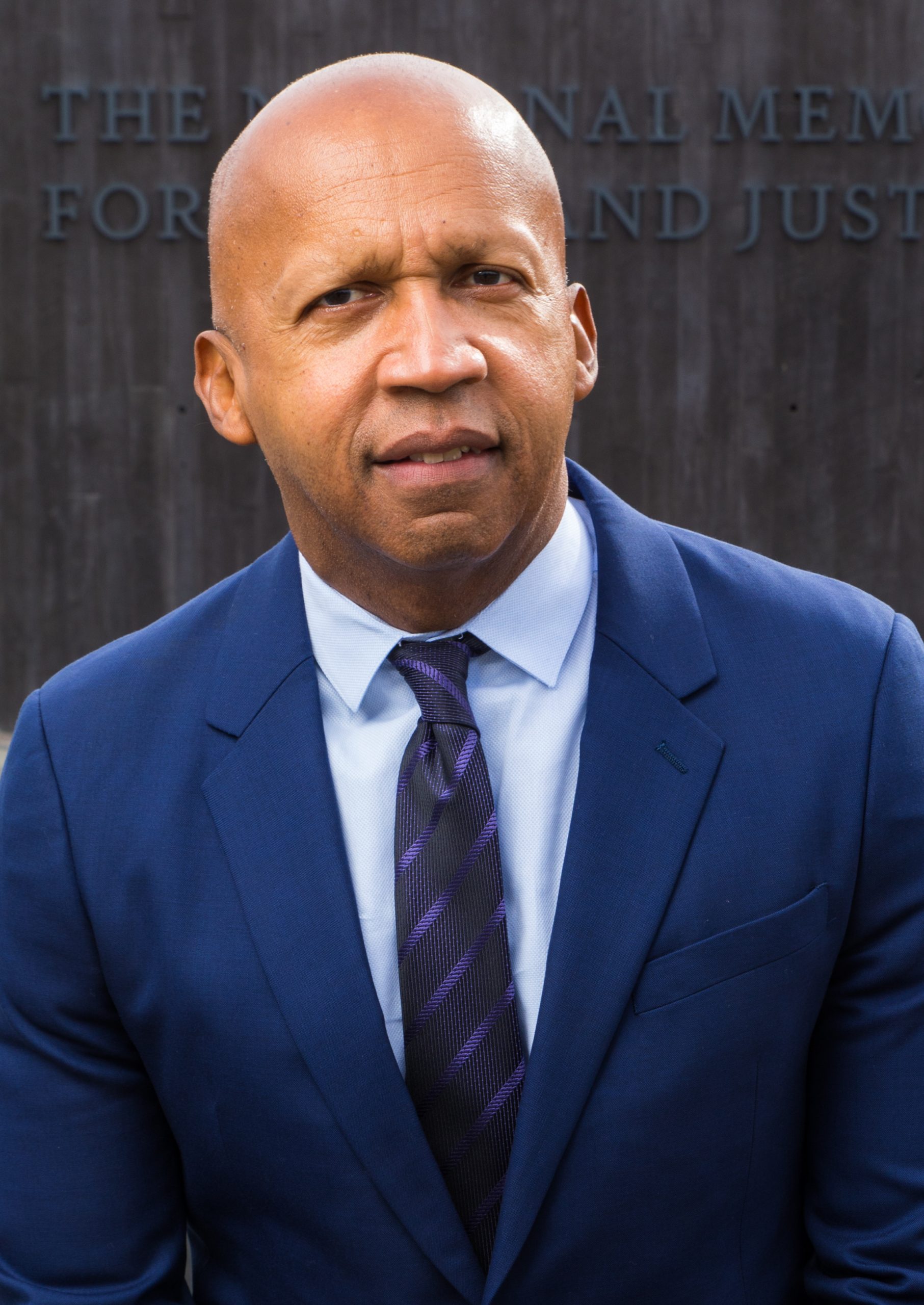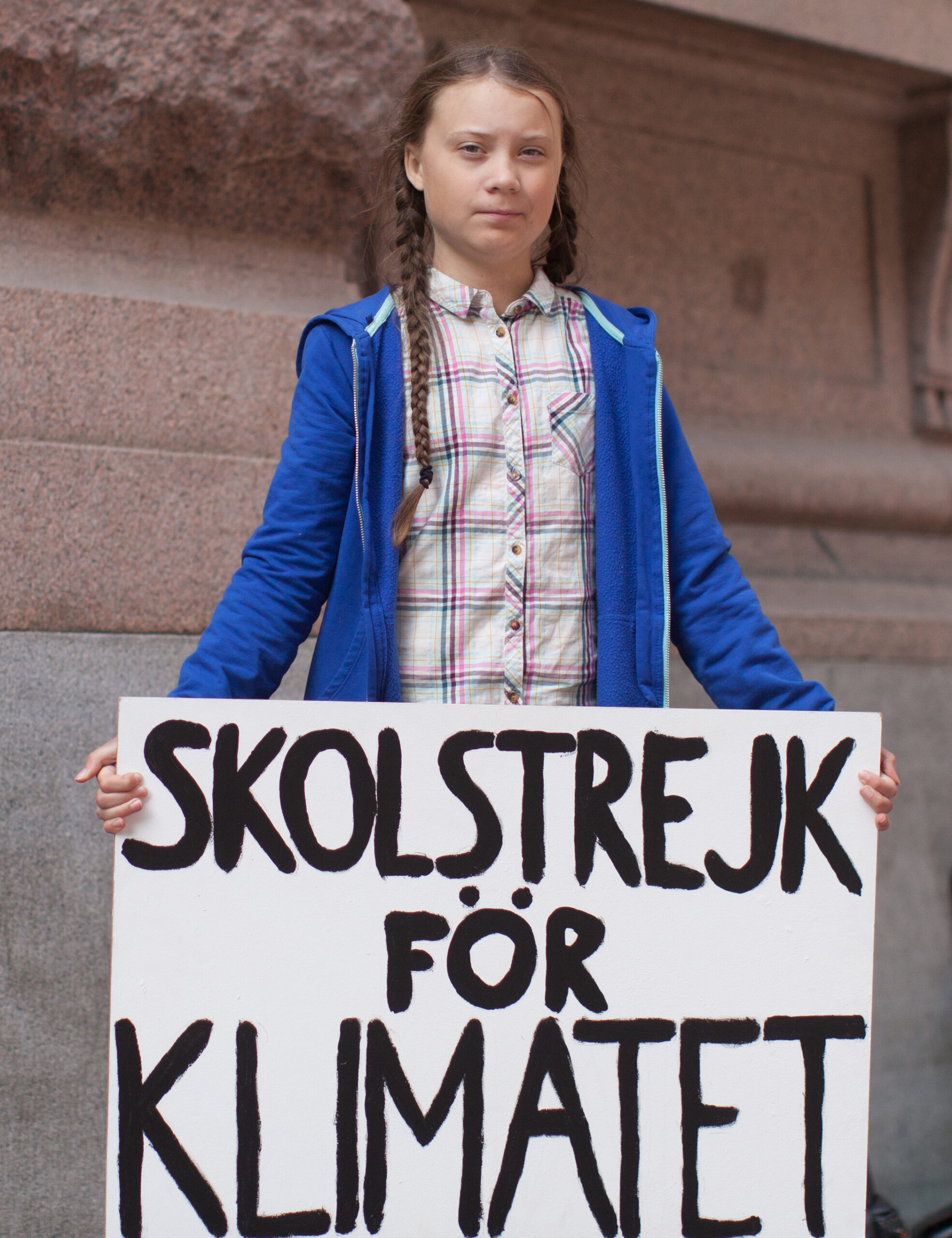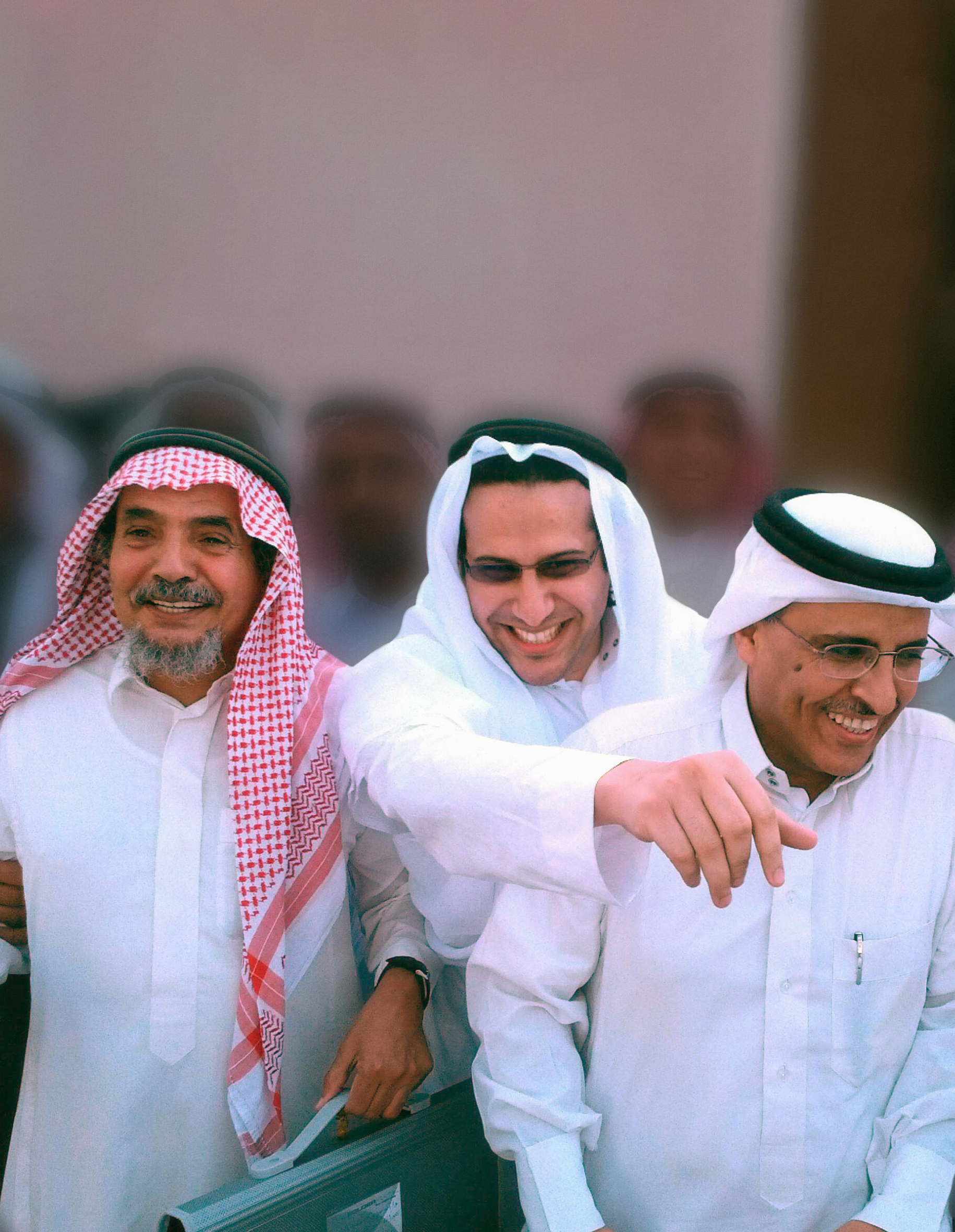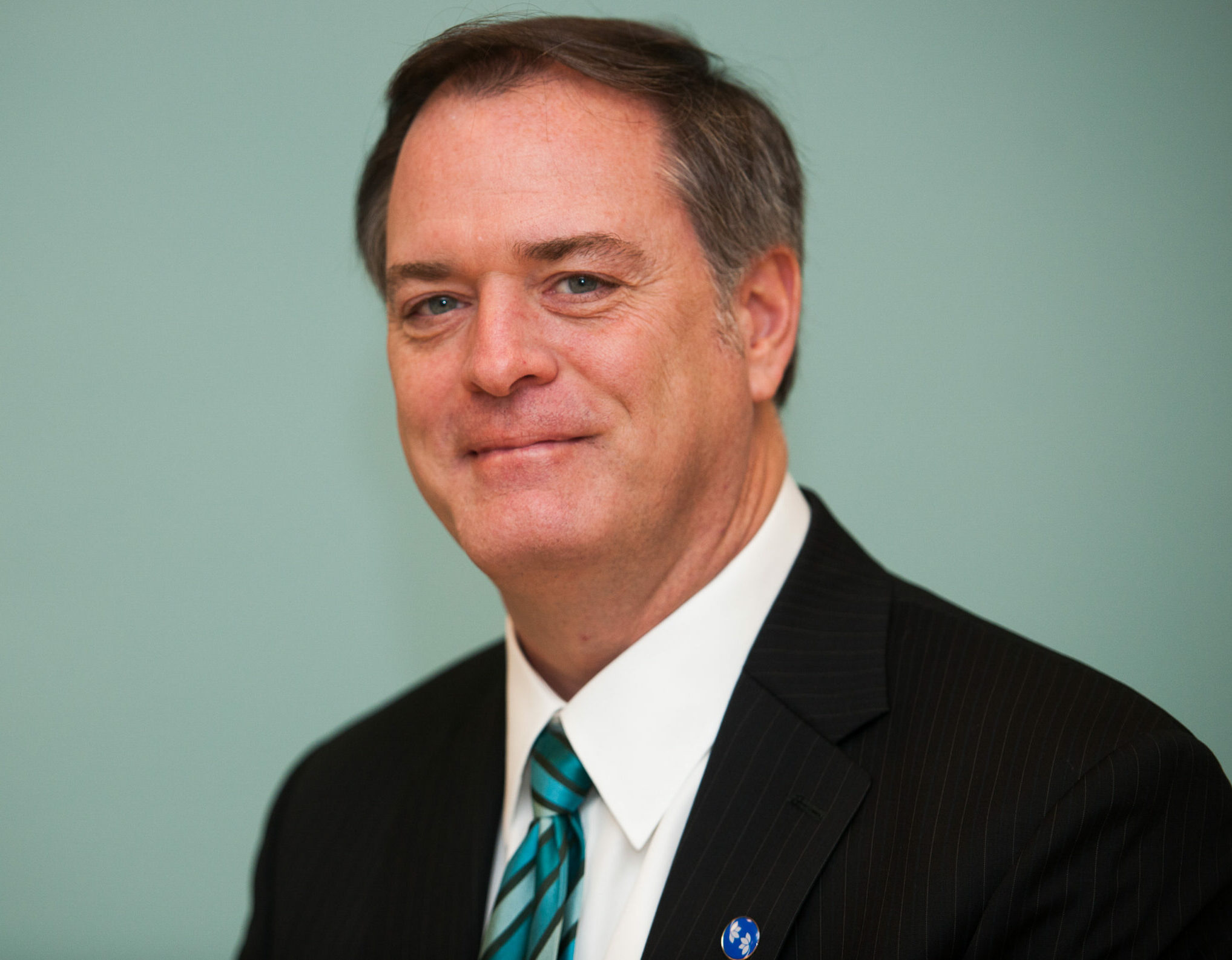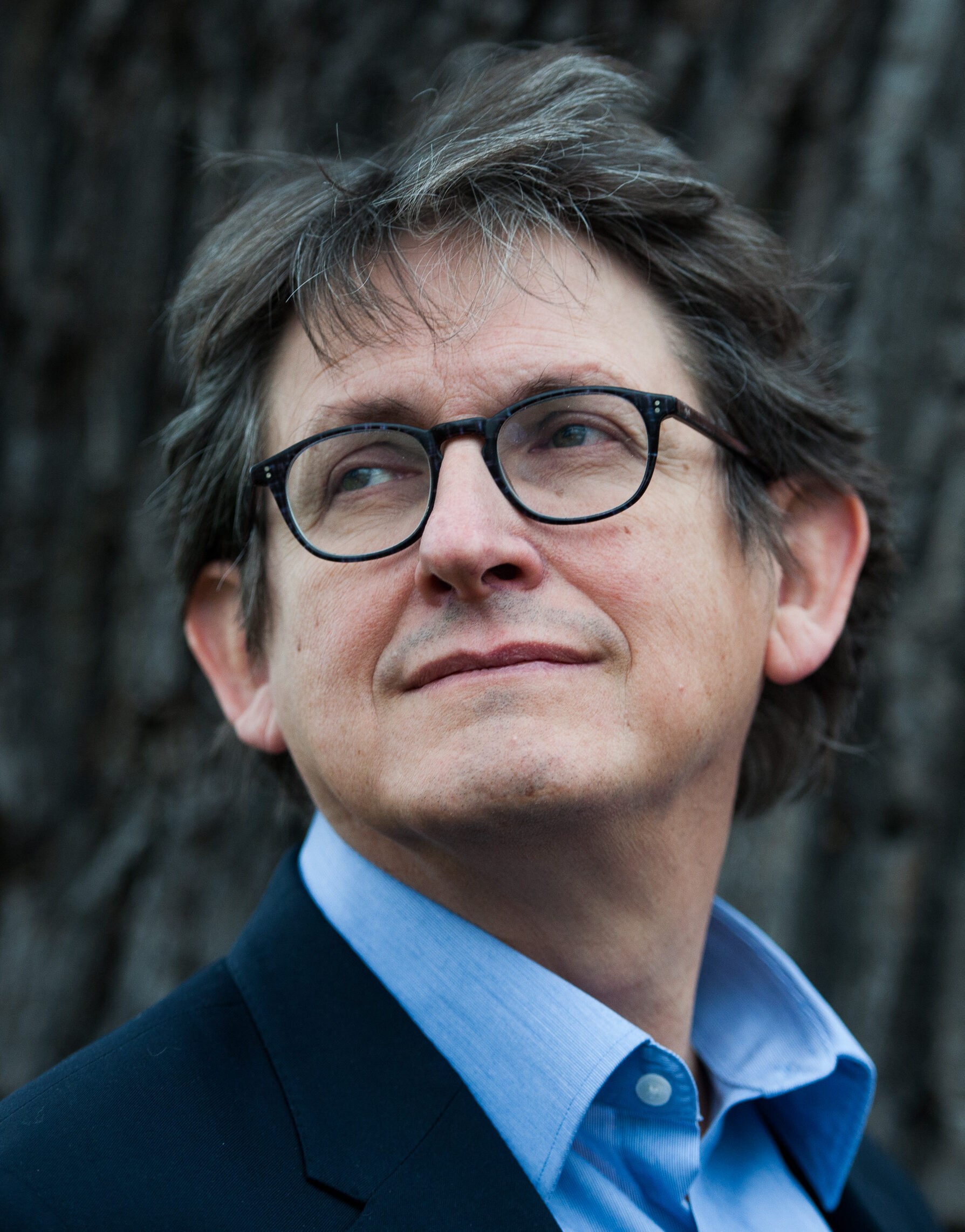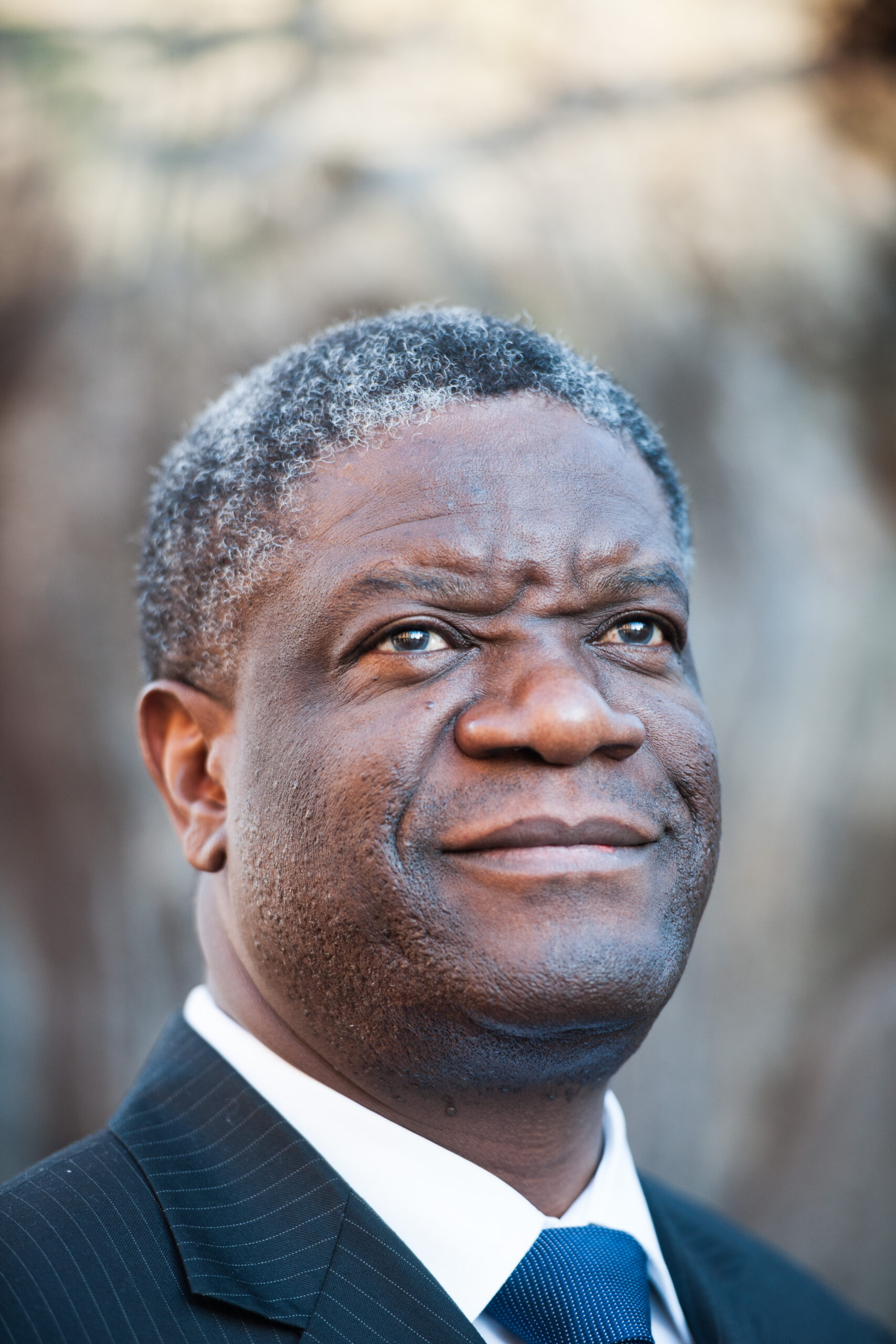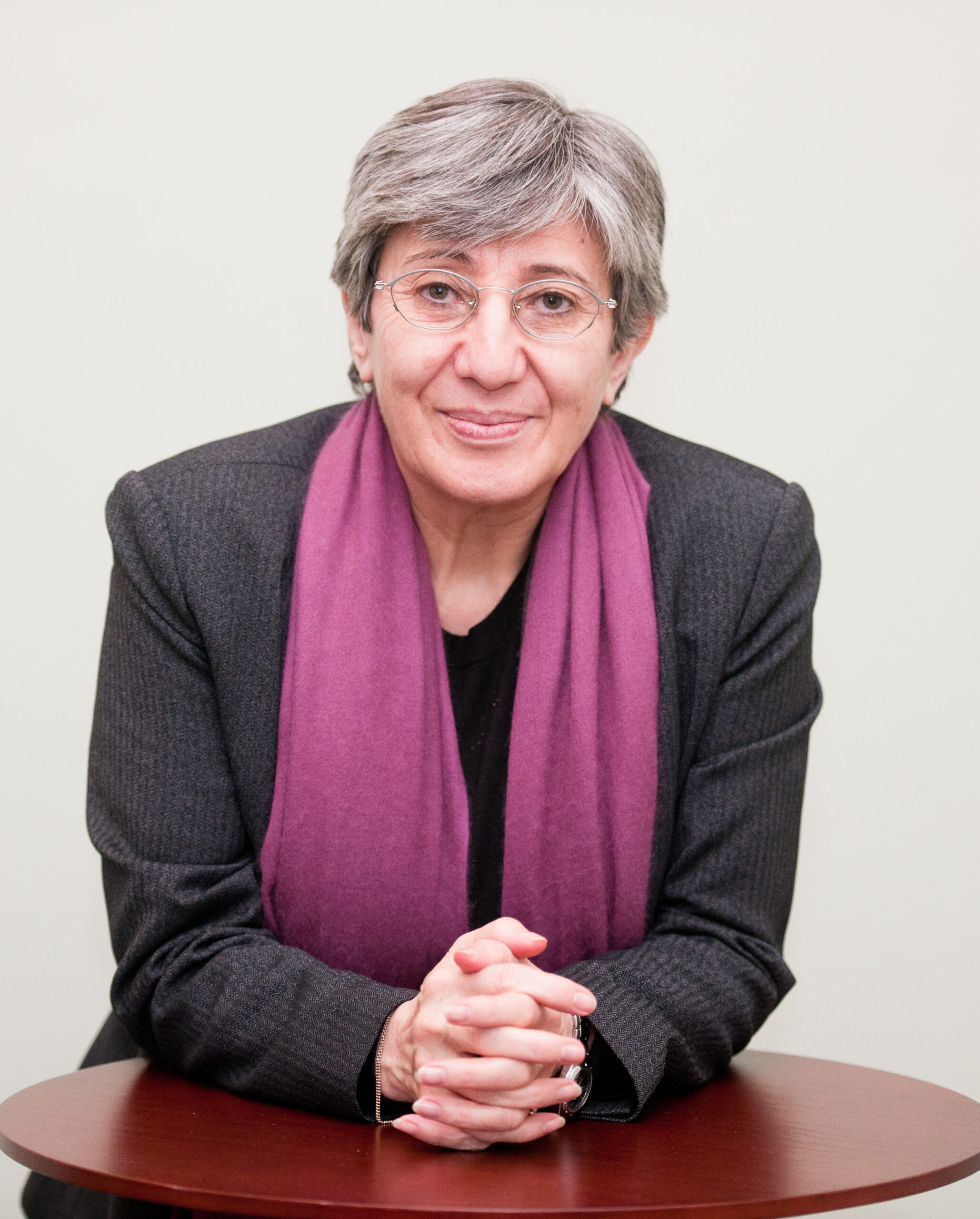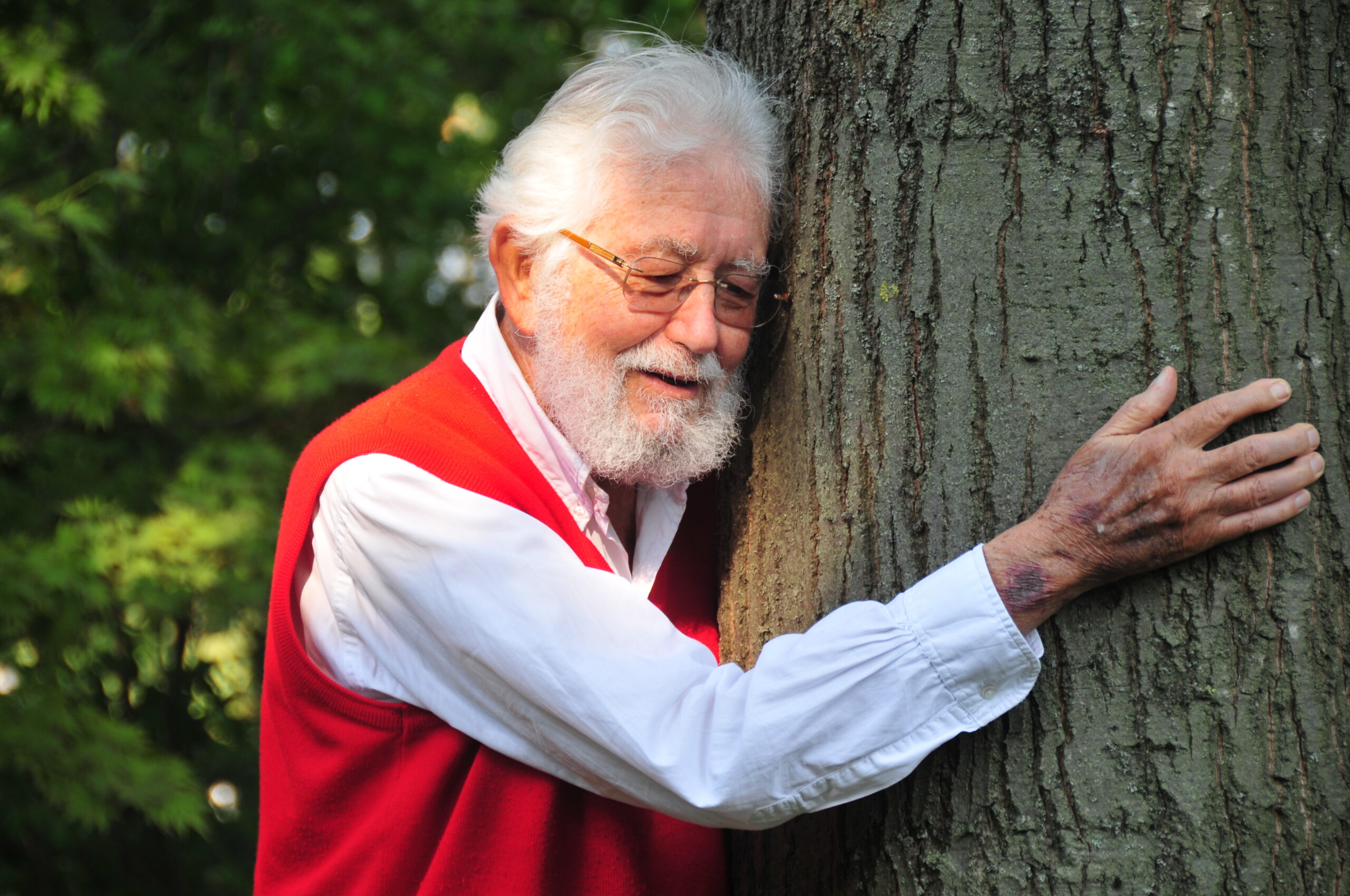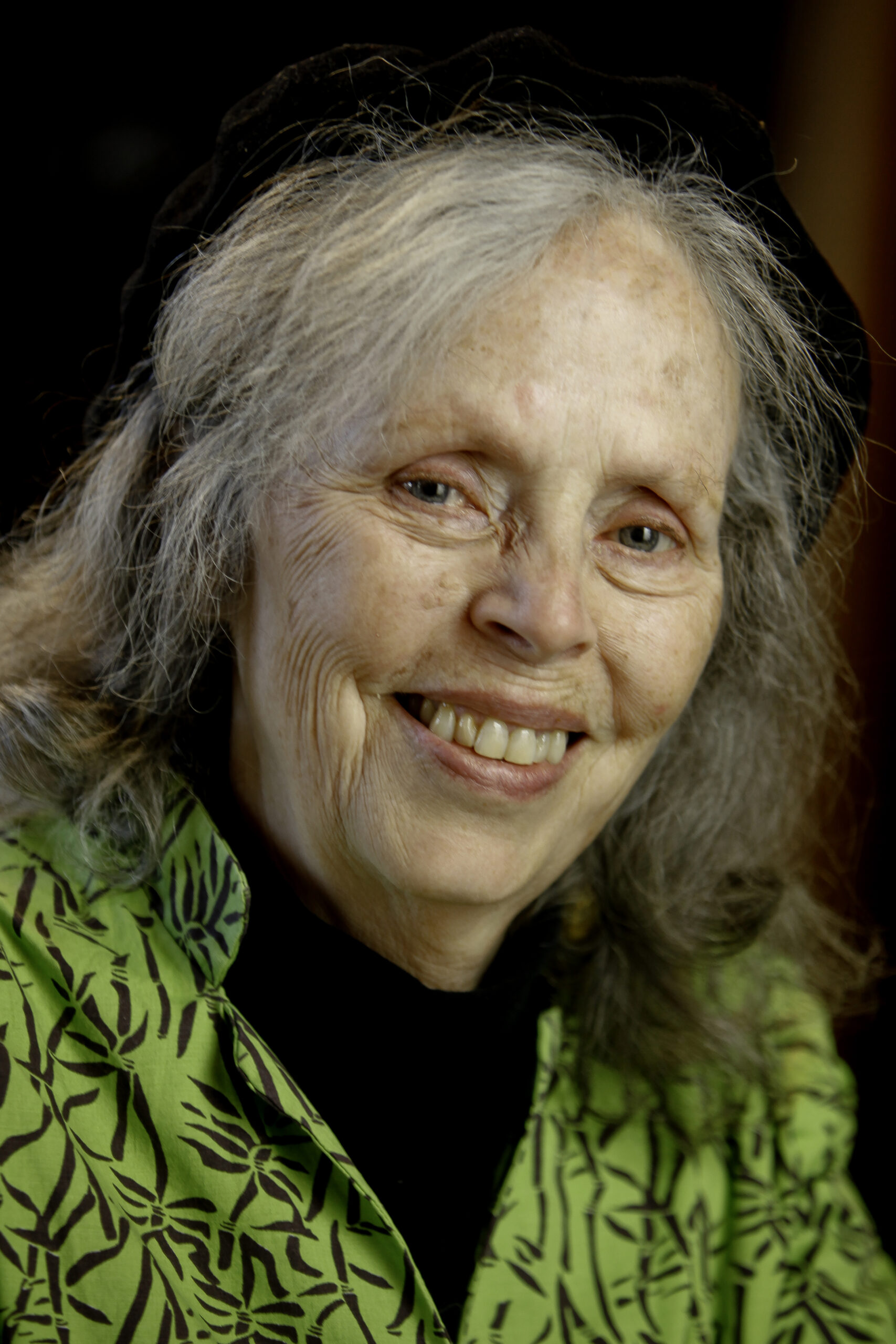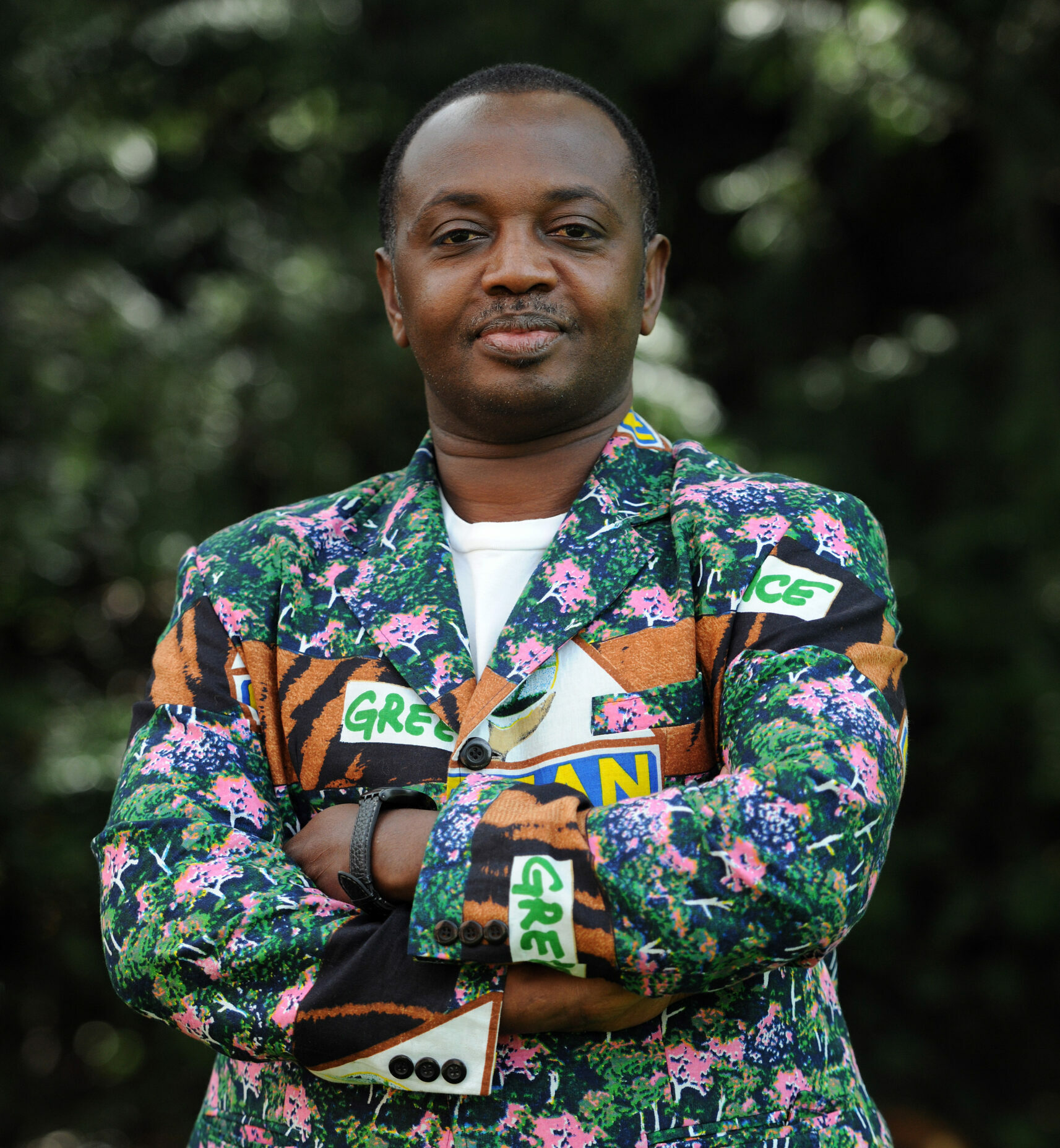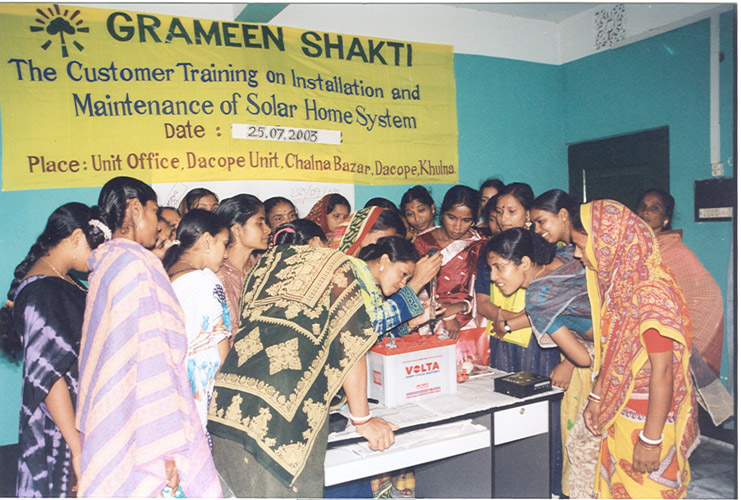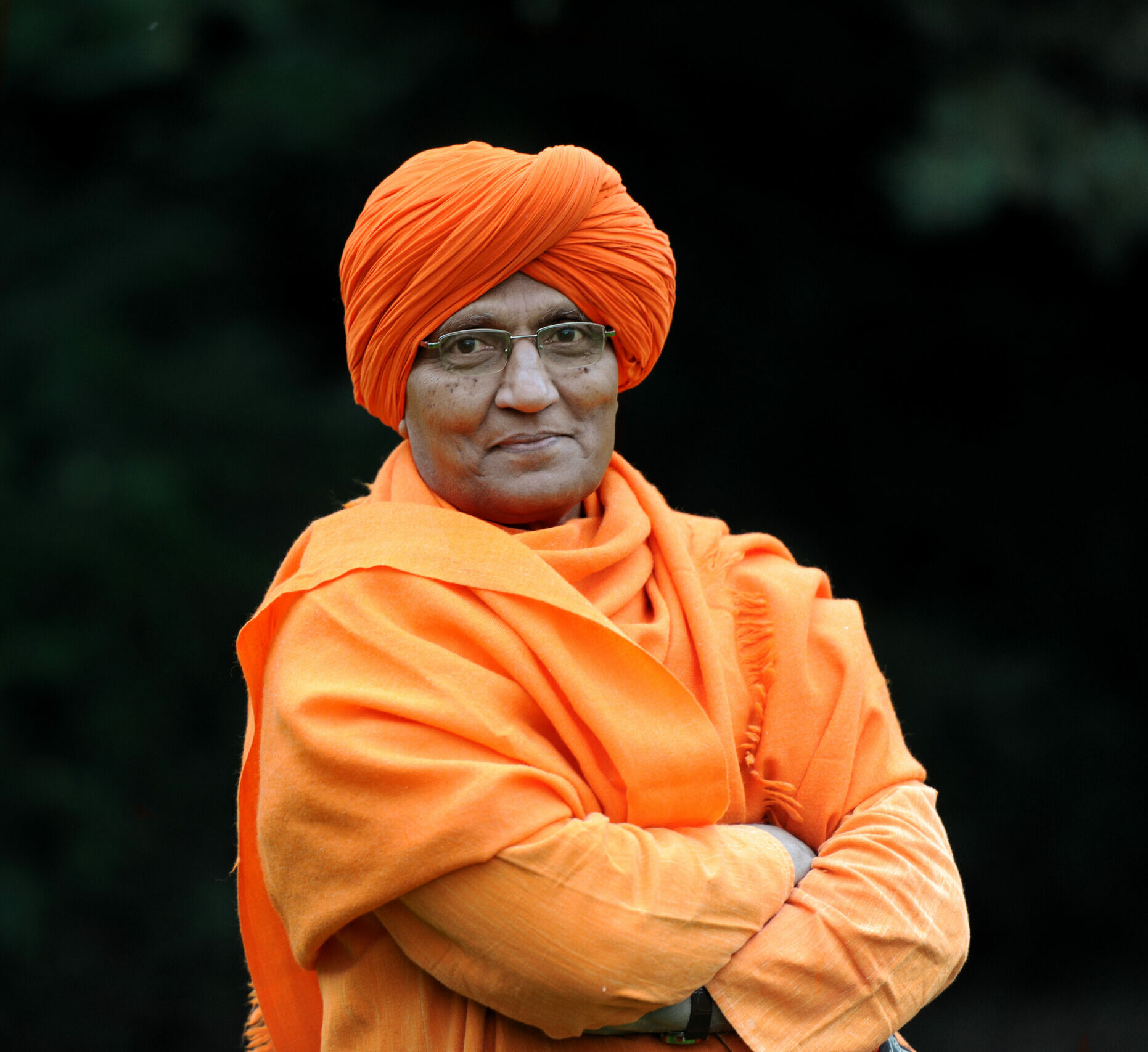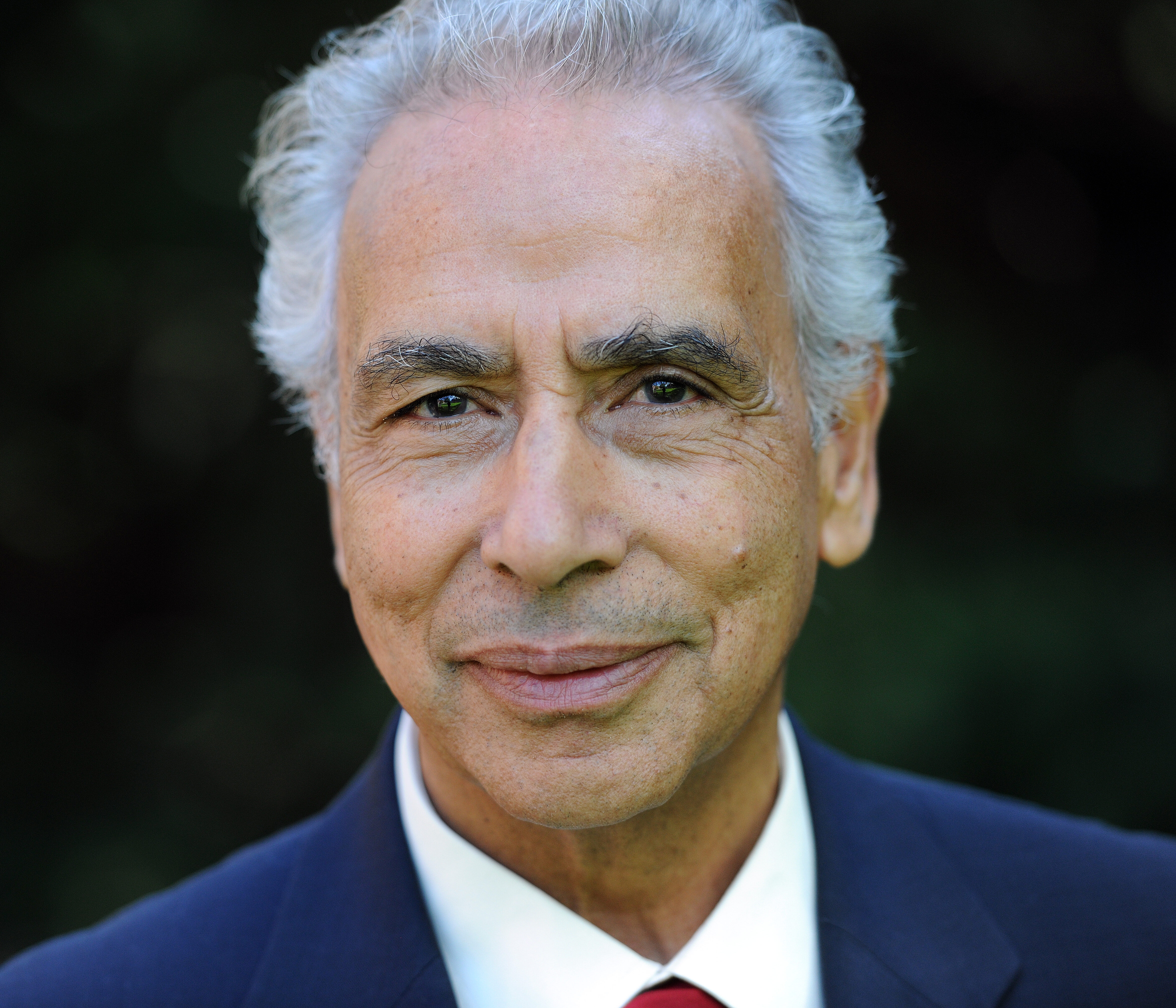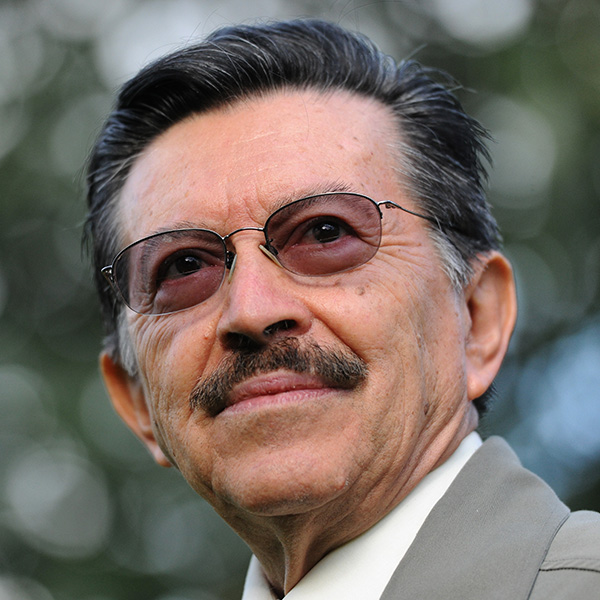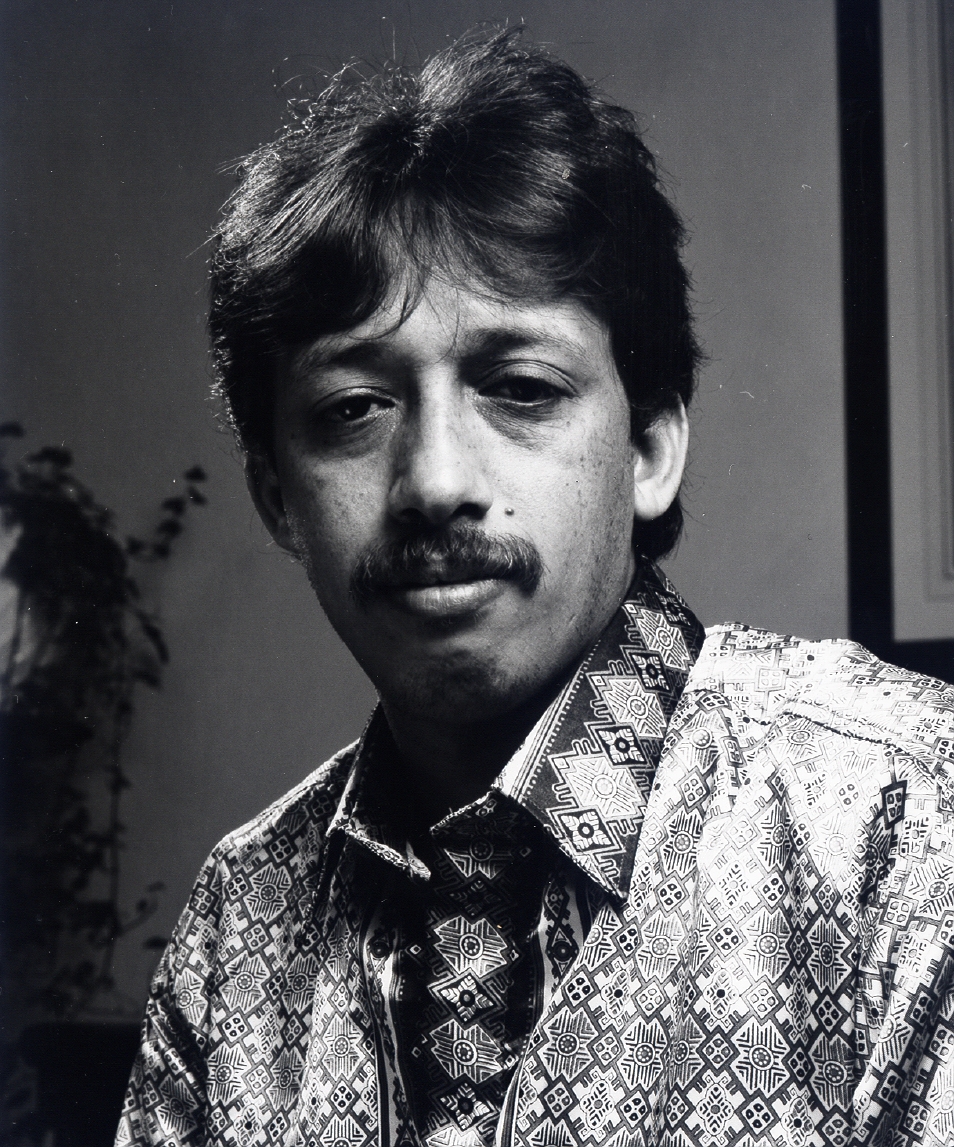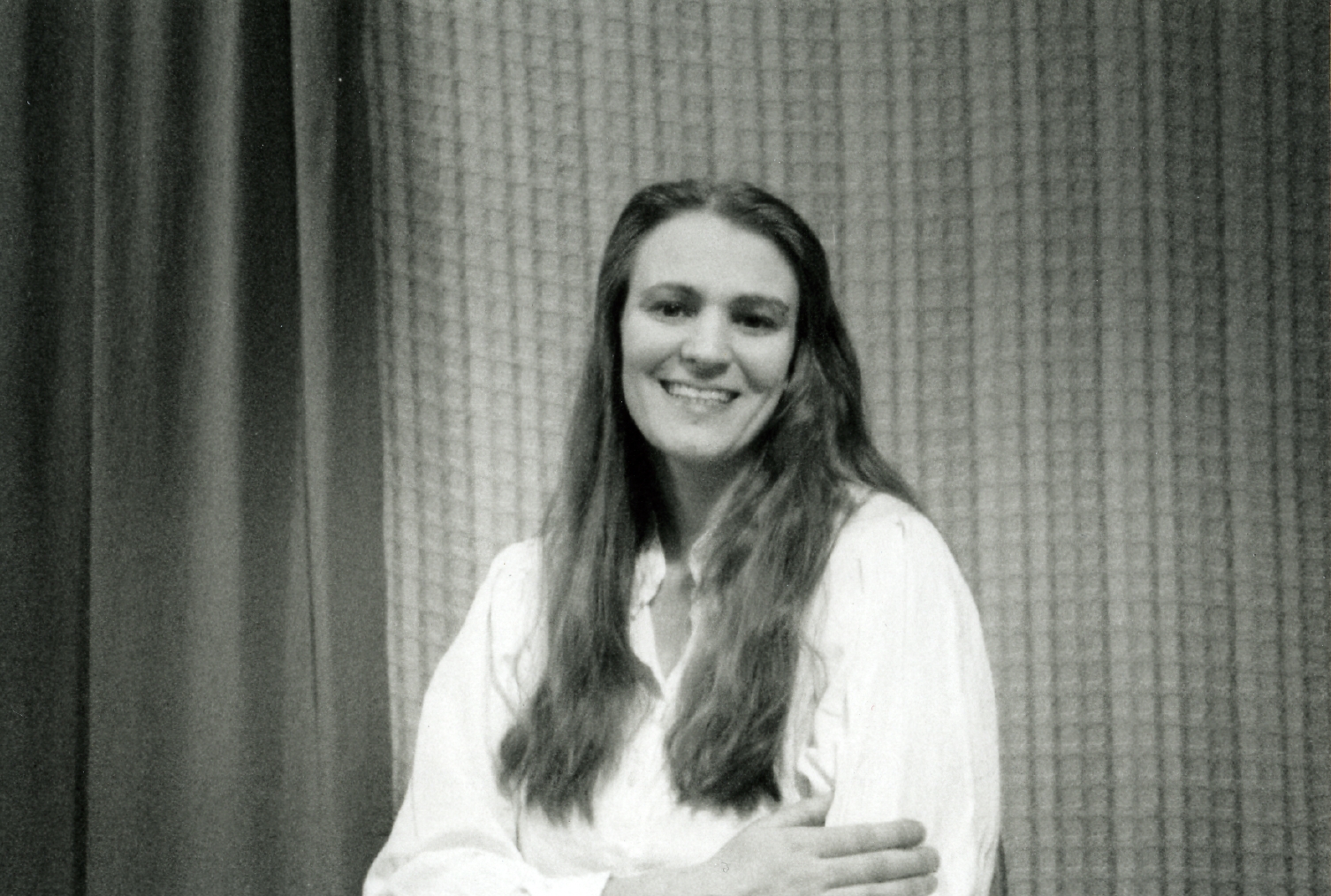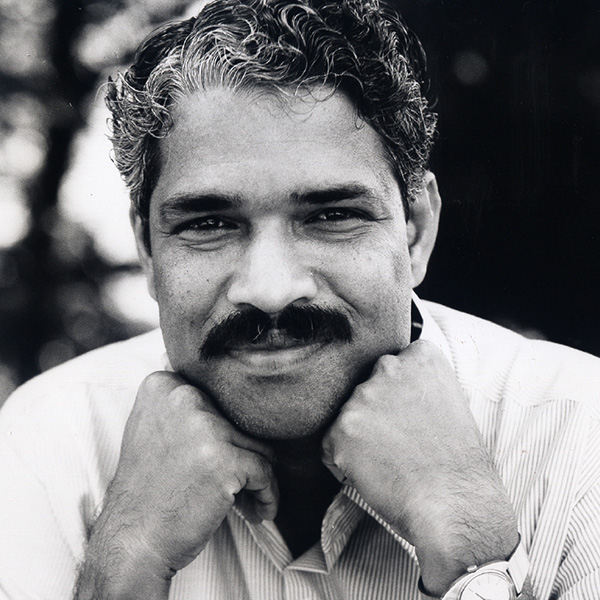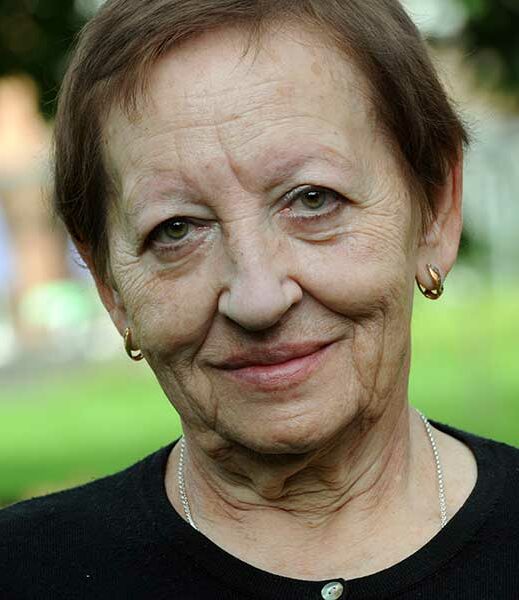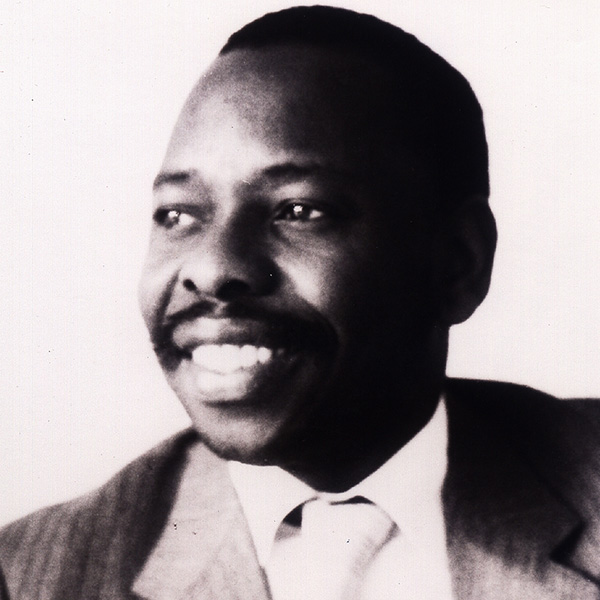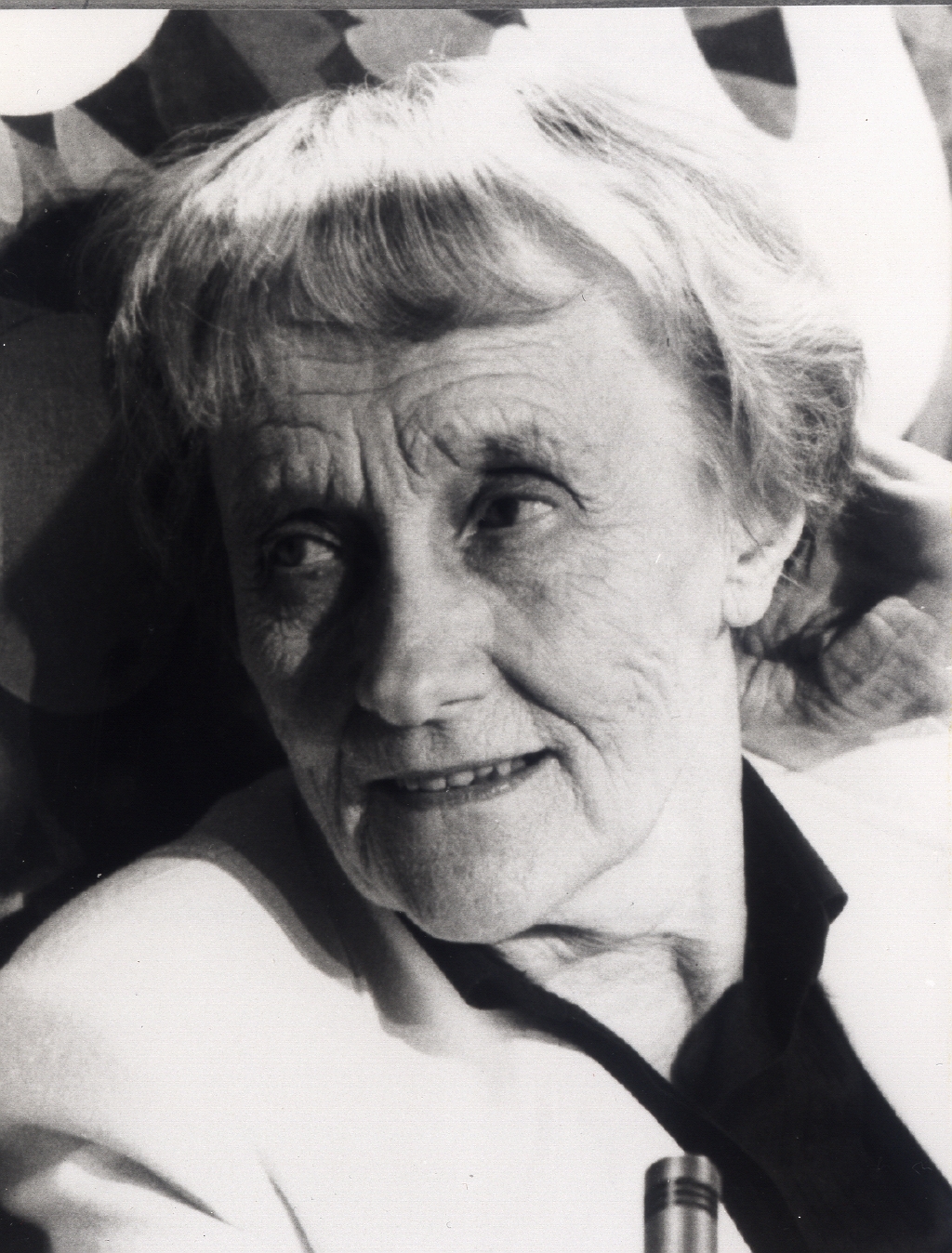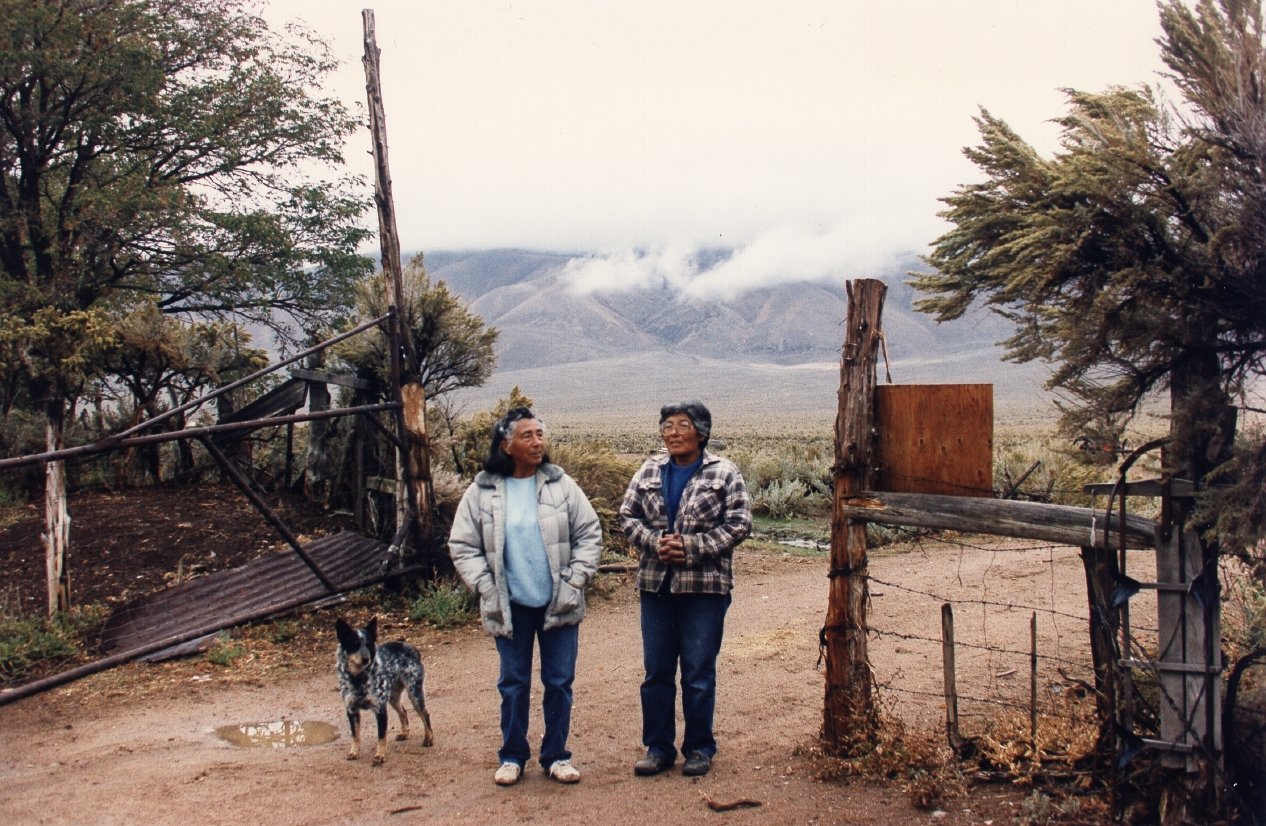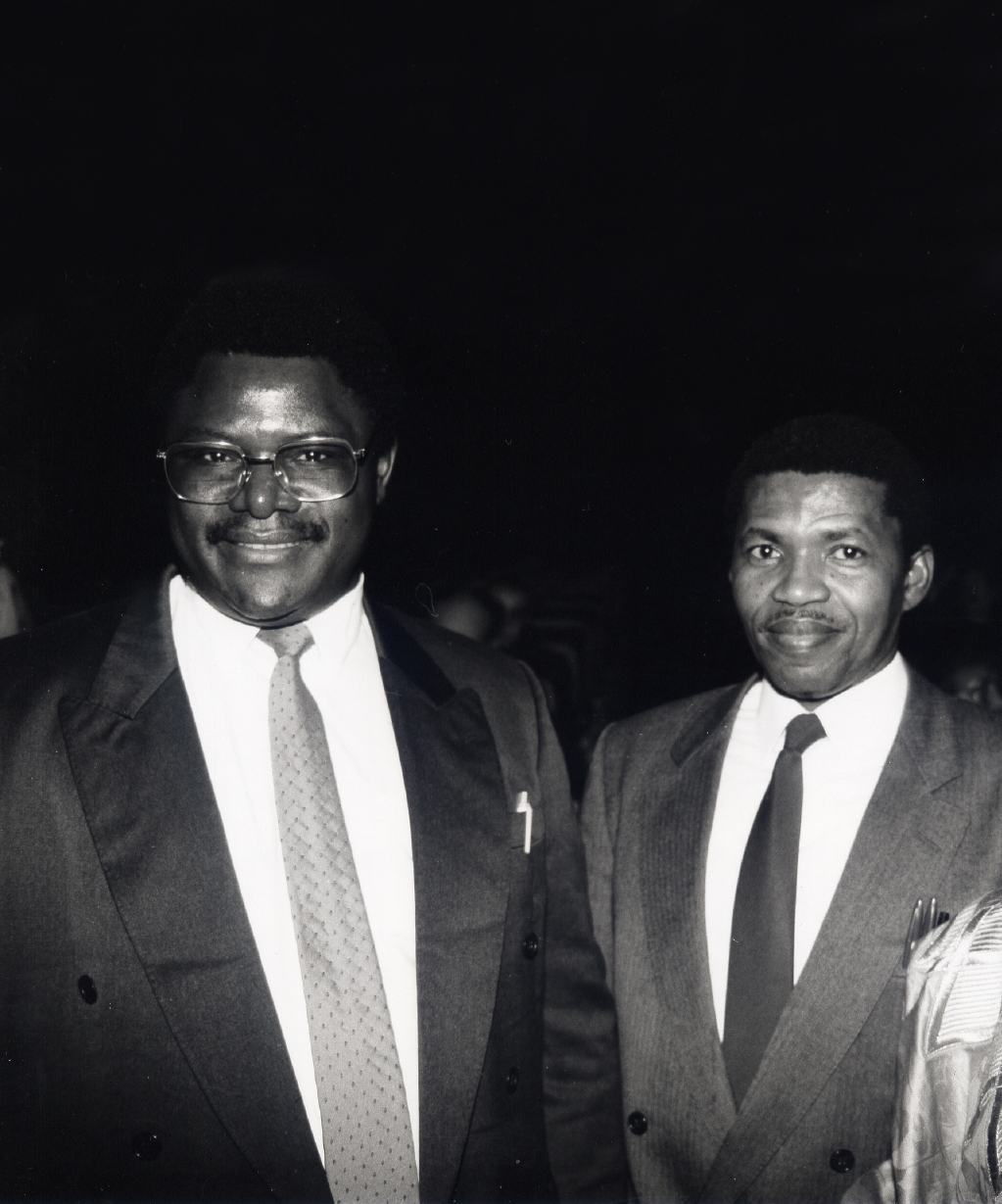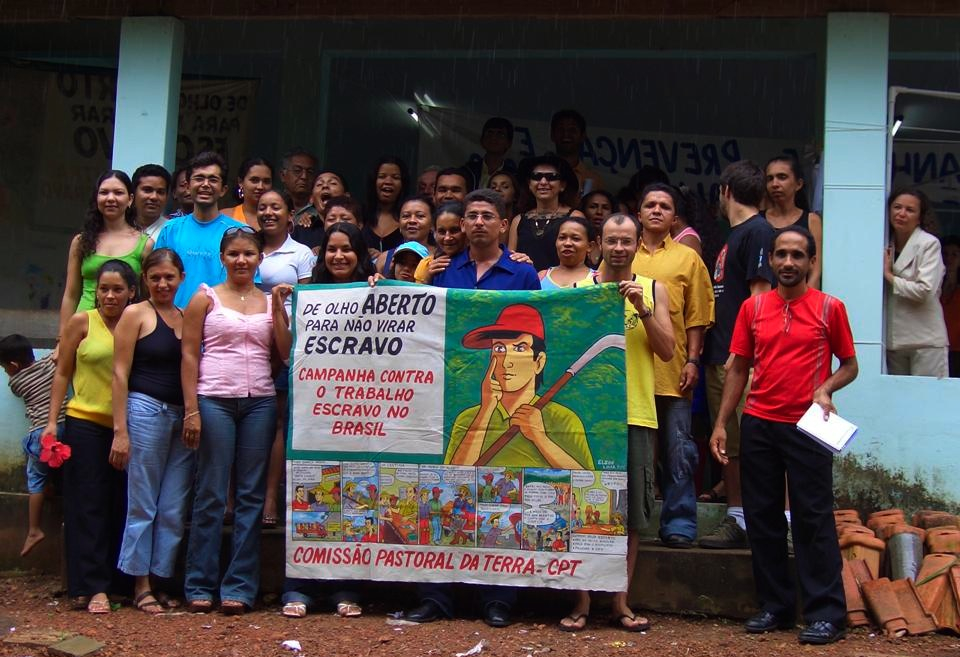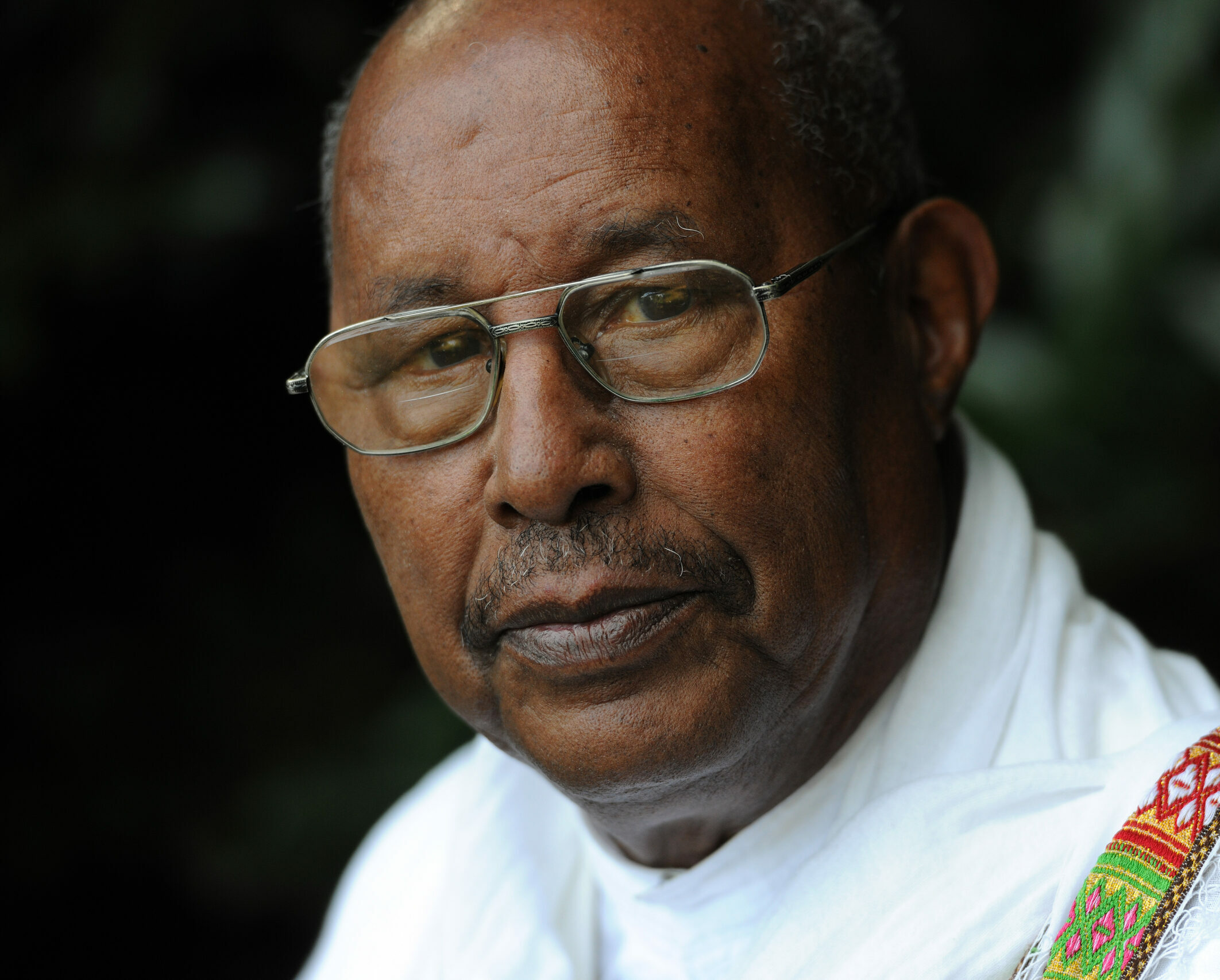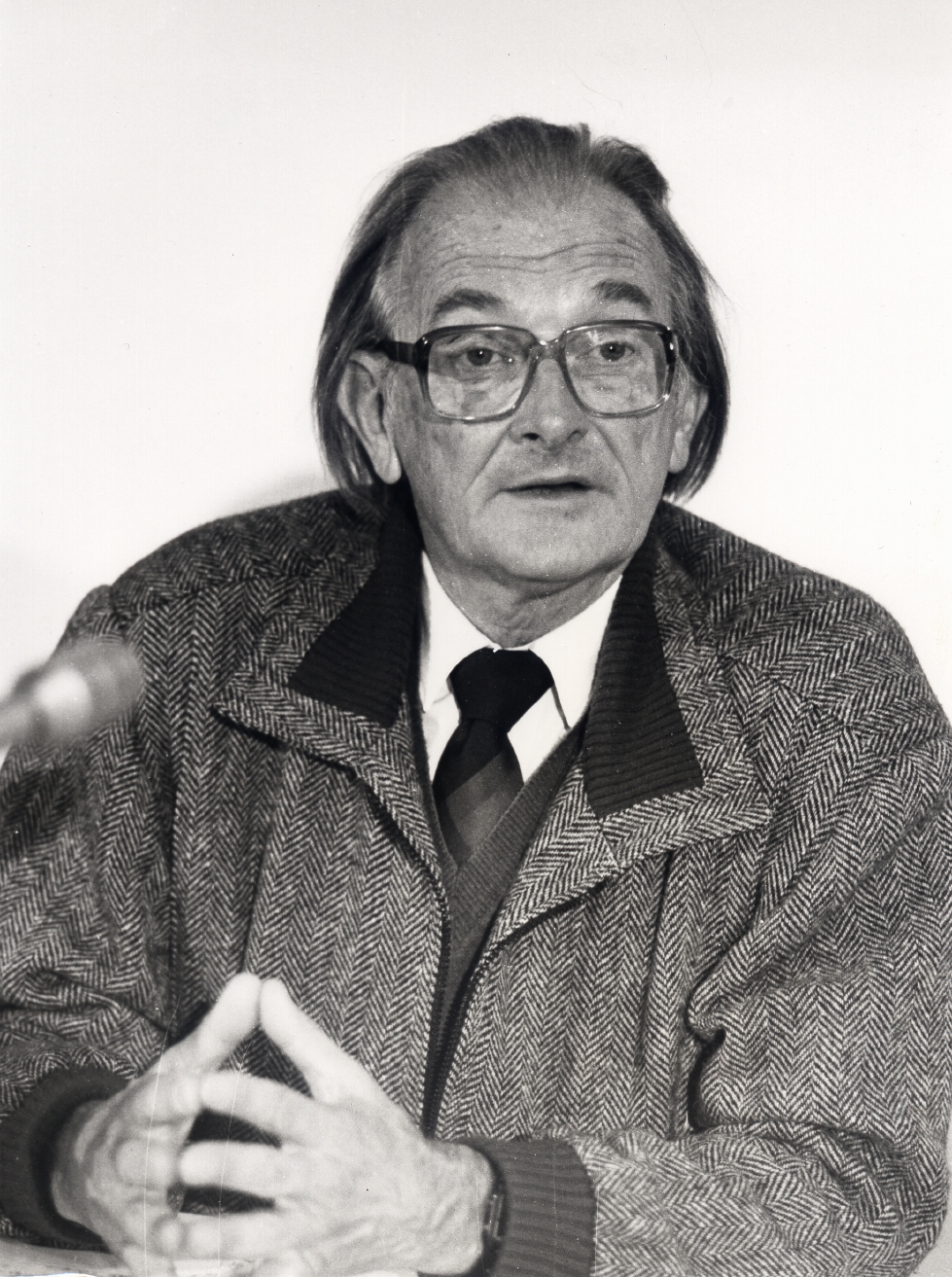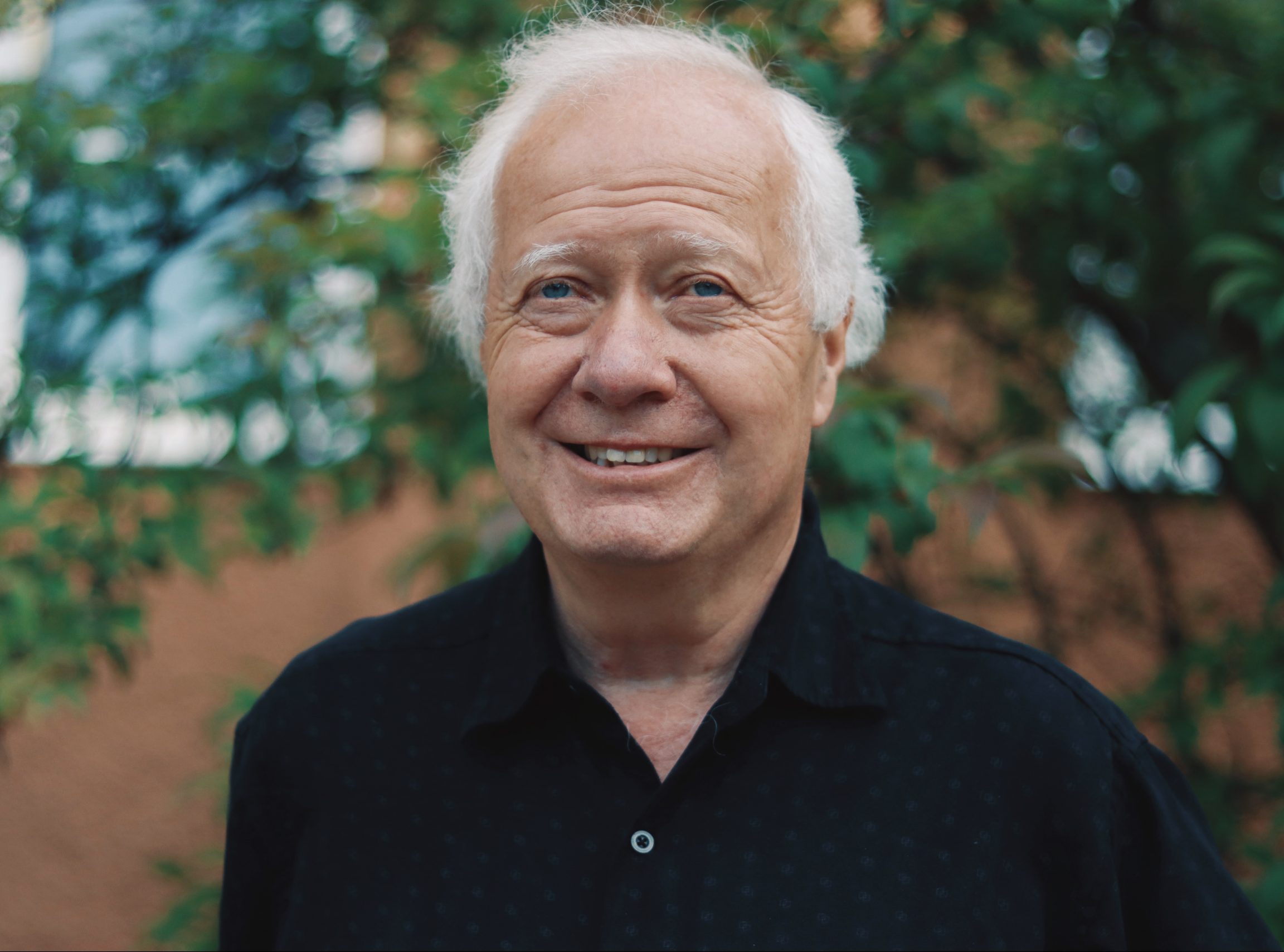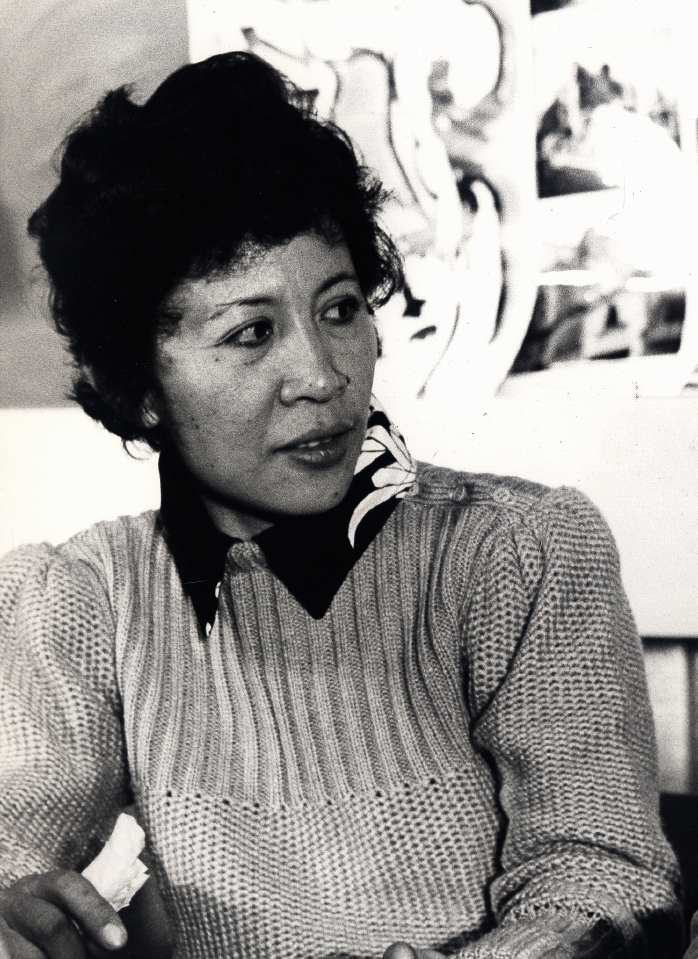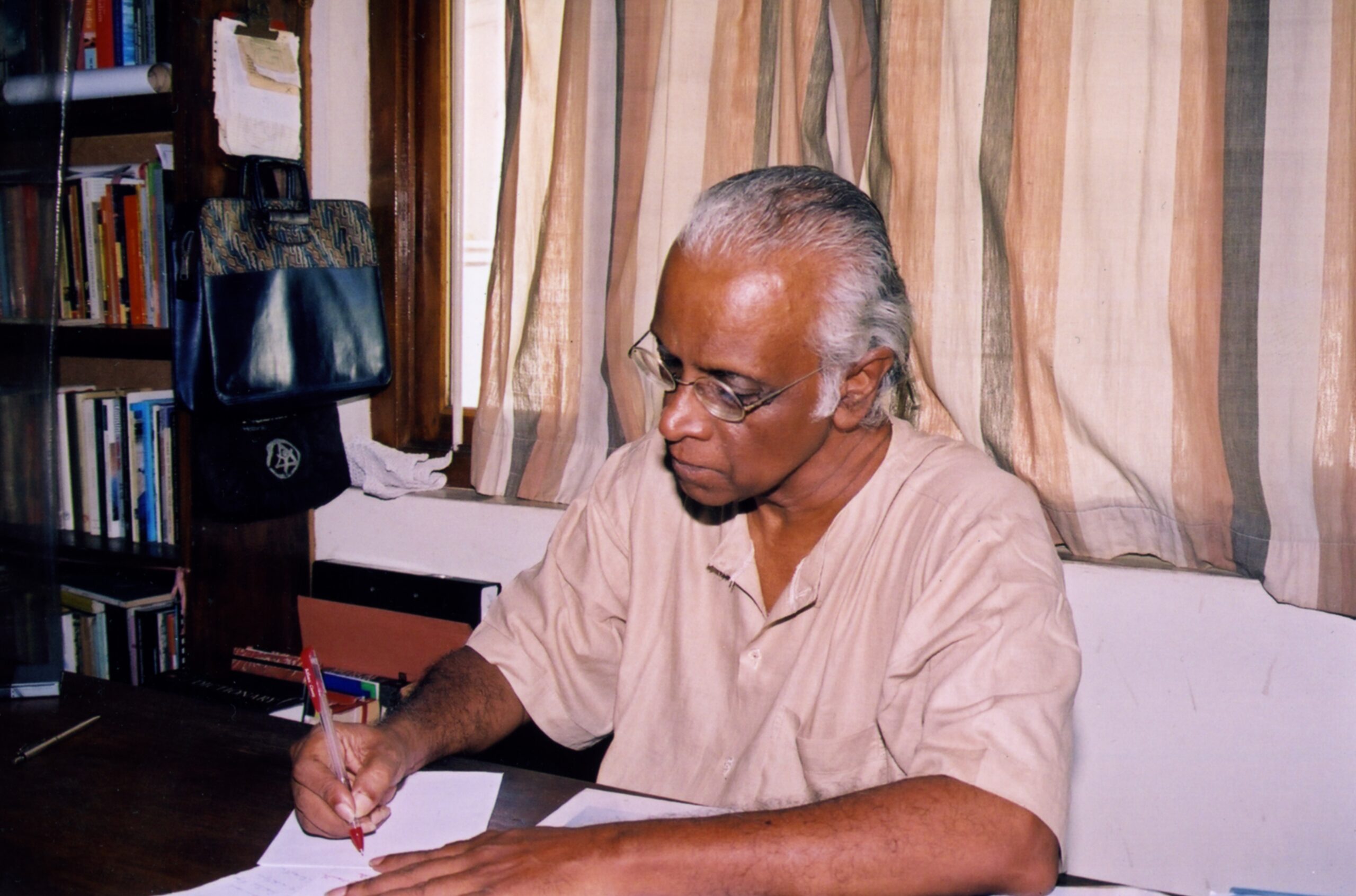Nicanor Perlas is a Filipino activist, editor and publisher. He has been running campaigns against nuclear power plants and pesticides, becoming one of the Philippines’ environmental leaders. From the late 1990s, Perlas’ focus was almost exclusively on social movements and their power to change the world, educating civil society about the effects of corporate globalisation. Lately, Perlas has focused on artificial intelligence and its effects on our societies and is a member of the Philippine Senate’s Technical Working Group on Artificial Intelligence.

Nicanor Perlas
Awarded 2003
Nicanor Perlas
Philippines
Place of Birth: Manila, Philippines
Date of Birth: January 10, 1950
Education: Xavier University (Bachelor’s degree in Agriculture)
For his outstanding efforts in educating civil society about the effects of corporate globalisation, and how alternatives to it can be implemented.
Spiritual revolution must have happened first within us before we can create the new world we all long for.
Nicanor Perlas was born in 1950 and graduated with the highest honours in agriculture from Xavier University. He gave up his master's degree after being drawn into the struggle against the Marcos-promoted Baataan nuclear plant in 1978 and had to leave the Philippines after organising a conference to expose its dangers.
After the fall of Marcos, Perlas was able to return to the Philippines, founding the Centre for Alternative Development Initiatives (CADI).
He became a consultant to the Aquino Government on the troubled nuclear power plant, and contributed to the decision to mothball it, despite it being very near completion, and having cost $2.1 billion.
At the same time he engaged in a campaign against the abuse of pesticides, founding the Sustainable Agriculture Coalition. This (and very often Perlas personally) gave training and technical assistance in 23 provinces in the Philippines. Perlas also became a member of the government's Pesticides Technical Advisory Committee, which eventually banned 32 of the most damaging pesticides and caused the government to invest P760 million in integrated pest management, which trained more than 100,000 farmers. For this work Perlas won the Global 500 Award from UNEP, and one of the TOFIL Awards to outstanding Filipinos, both in 1994. In the substantial press coverage that accompanied these awards, Perlas was often referred to as 'a farmer' and his work with CADI helped farmers to shift away from chemical-intensive agriculture.
By this time Perlas was already one of the Philippines' environmental leaders. He had set up student environmental groups and his work on nuclear power and sustainable agriculture had given him a national profile. He was one of the Philippines' NGO delegation to the 1992 Earth Summit. He later became heavily involved in the post-Rio process in the Philippines, not least through the Philippine Council for Sustainable Development (PCSD), of which he has been Civil Society Co-Chair, and helped to formulate and implement at the local level Philippine Agenda 21 (PA21). Later in the 1990s he became Co-Chair of the Green Forum of environmental groups, and he has been a member of Mikael Gorbachov's Commission on Globalisation.
Perlas explicitly sought to use PA21 as a counter-weight to the trade liberalisation that was being pushed through the Uruguay Road of the GATT, in what he described as a "creative response to the challenge of élite globalisation." A major practical expression of the PA21 approach is the micro-credit initiative Lifebank, of which Perlas is a Board member. Lifebank has so far reached 15,000 families.
Perlas has evolved a 'tri-sector' approach to policy-making, which he calls 'threefolding': "In social threefolding the three global powers - government, representing political concerns, business, representing economic concerns, and civil society, representing cultural concerns, can come together, where appropriate and feasible, to join efforts in solving major world problems." This is the subject of Perlas' most recent book, Shaping Globalisation: Cultural Power and Threefolding, (2000). These ideas are said to have been important in the process that led to the toppling of President Estrada in 2000. Perlas took the book to the State of the World Forum 2000, and has co-founded two networks to take the ideas forward globally: GlobeNet 3 and the Global Institute for Responsible Leadership, which seeks to promote innovative thinking and collaboration across traditional boundaries - departments, organizations, sectors, and cultures.
During the late 1990s, Perlas's focus has almost exclusively been on social movements and their power to change the world. He counts as one of his major achievements that, with Walden Bello, he convinced the Philippine NGO scene in 1996, through major talks, the formation of networks and a big civil society conference that the issue for the future of the Philippines, is the value system underpinning globalisation. Perlas warns that the developments we are facing demand a deeper, ethical and spiritual response: we face a system not just a management crisis. Thus he asks how our sense of identity and humanity will be affected by current technological advances (in genetic engineering, nanotechnology and artificial intelligence) which could lead to the proliferation of half-human half-machine "silicone beings" in the near future.
He received the Global 500 Award, the UNEP's highest international award for environmental achievement, in 1994.
In 2010, Perlas ran for President of the Philippines. During his presidential campaign, he, together with others, founded MISSION (Movement of Imaginals for Sustainable Societies through Initiatives, Organising and Networking), a cultural, spiritual, scientific movement of individuals in civil society, government, and business. More recently, Perlas focus has been on Artificial Intelligence, stating that “If properly developed and aligned with the values of humanity, AI will bring tremendous benefits to society. However, if used inappropriately, it could undermine human civilization…”.
